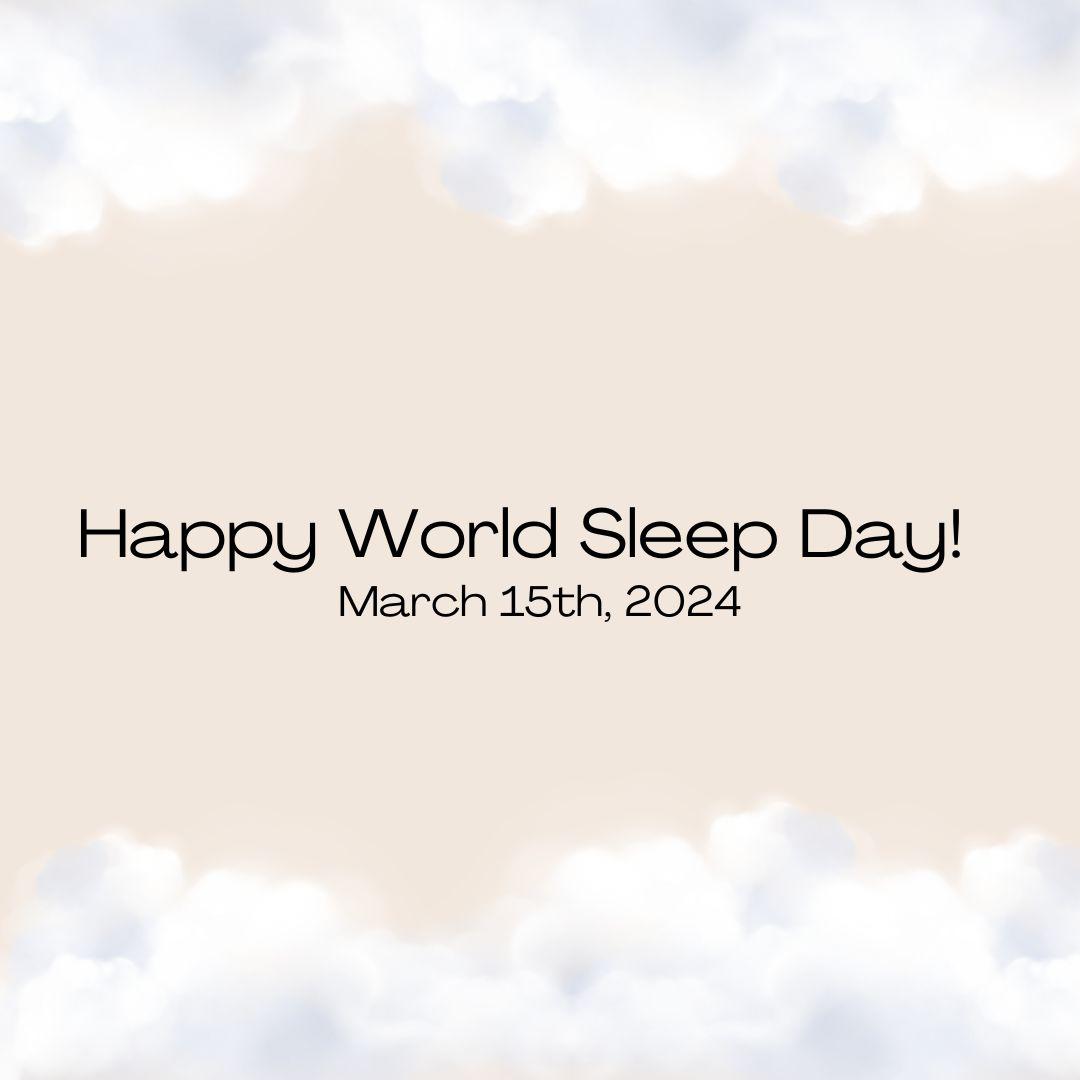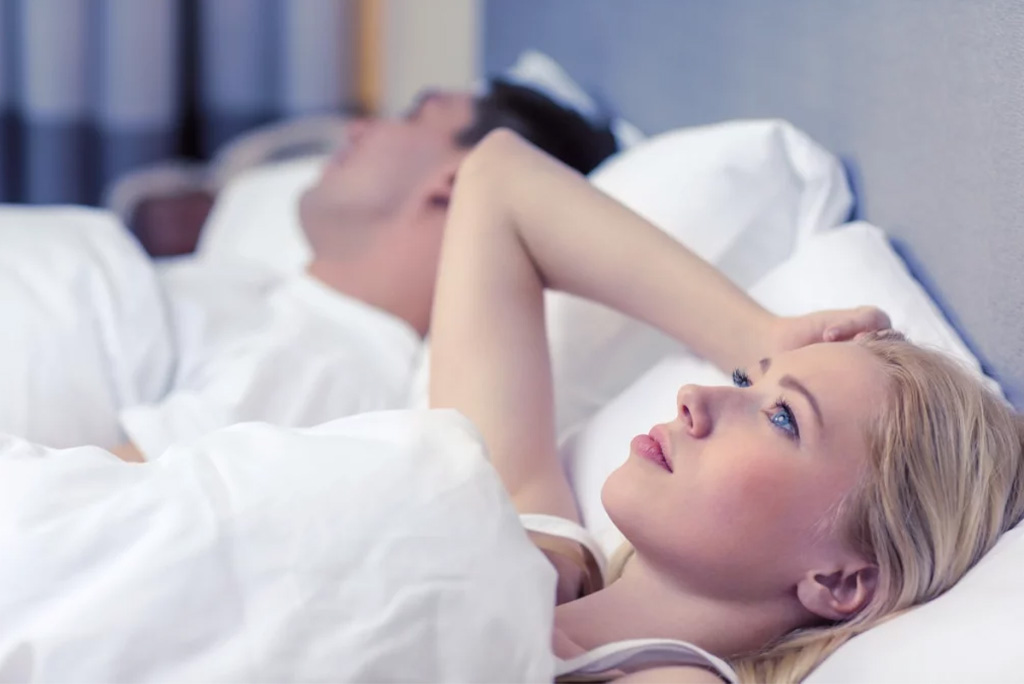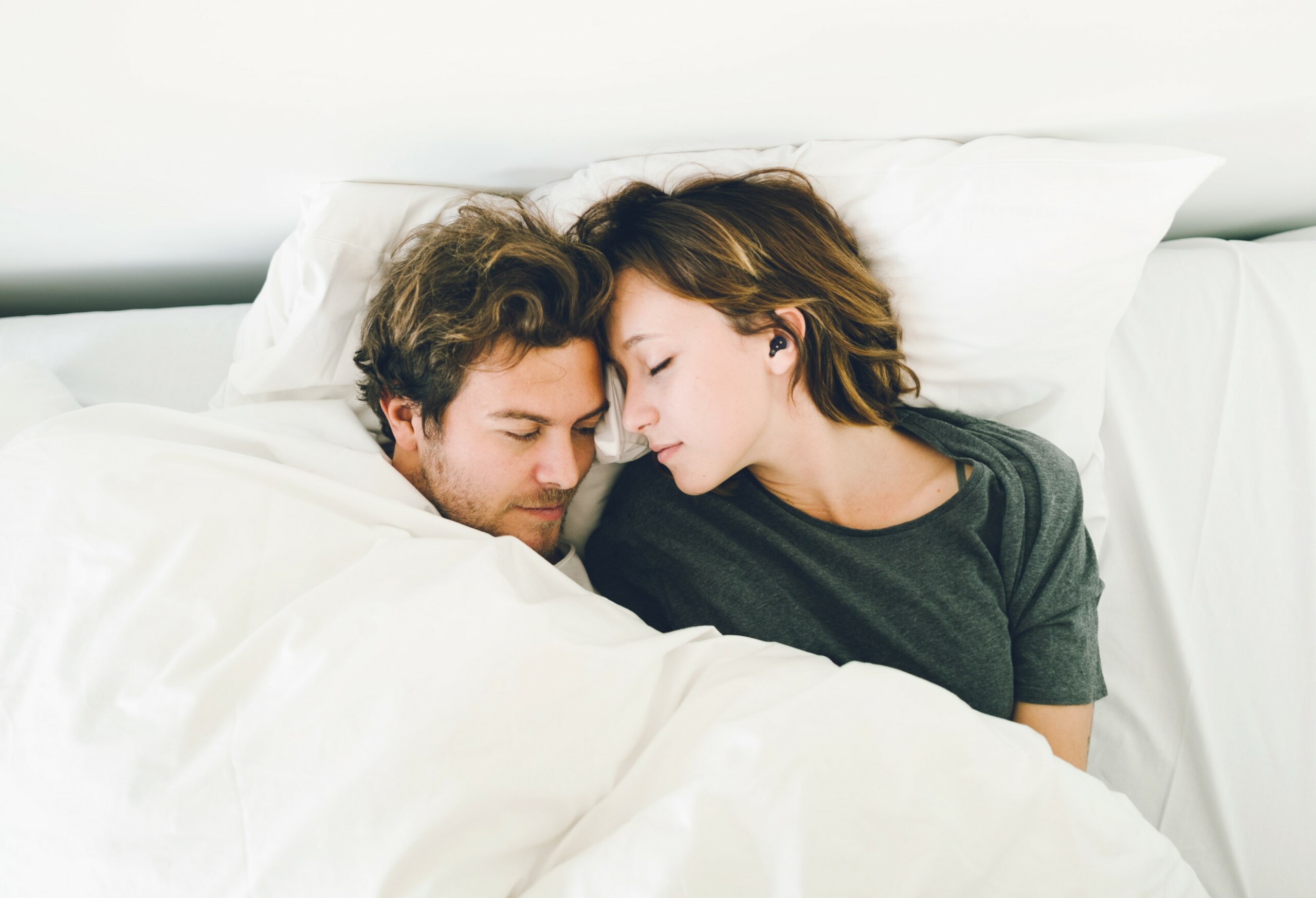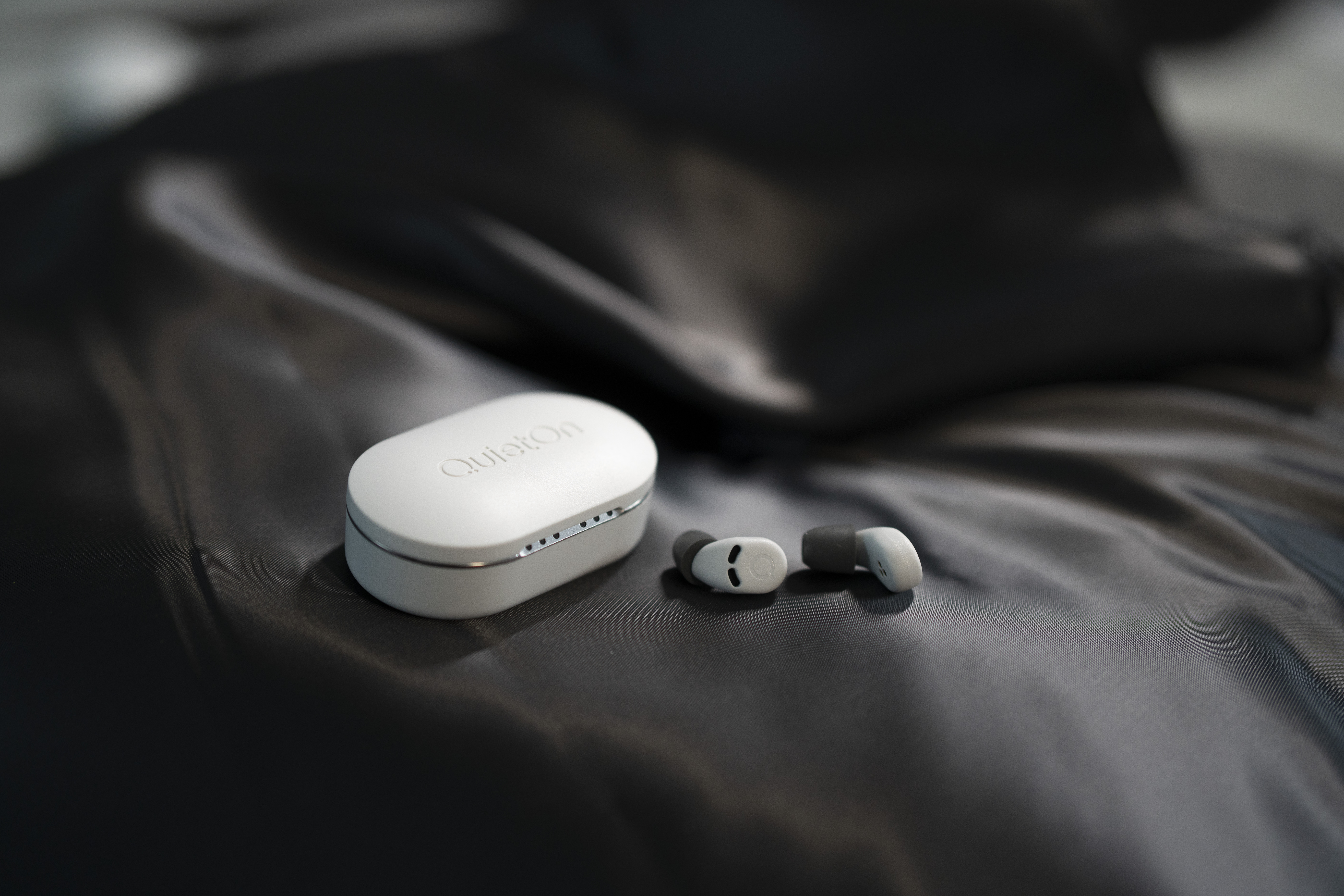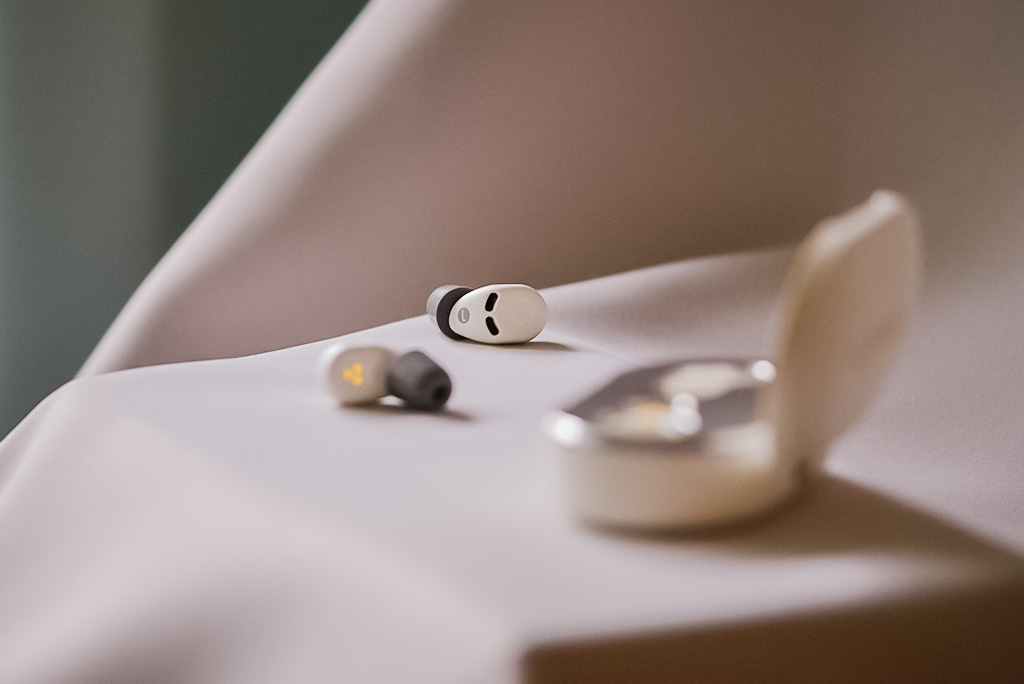Your cart is currently empty!
Sleep deprivation stages
Sleep deprivation is what happens when you don’t get the amount of sleep your systems need to function properly. This can happen if the sleep is of poor quality, or you sleep short. Everyone suffers from sleeping problems at some point. Most often they are passing occurrences or develop through a systemic short sleeping over…
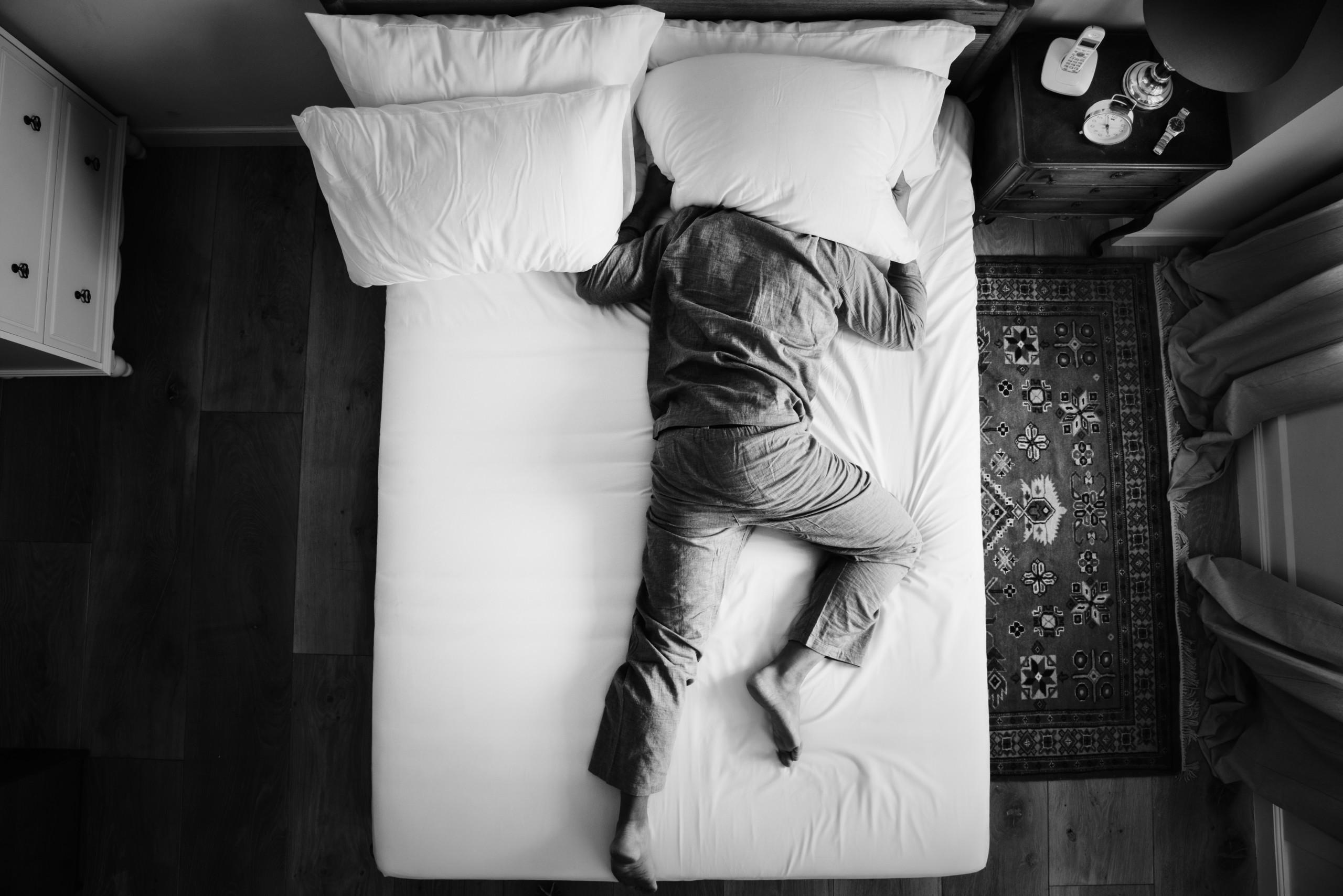
Sleep deprivation is what happens when you don’t get the amount of sleep your systems need to function properly. This can happen if the sleep is of poor quality, or you sleep short. Everyone suffers from sleeping problems at some point. Most often they are passing occurrences or develop through a systemic short sleeping over a long period of time. But what happens if you don’t sleep at all? Read along to find out more.
- Common first step to sleep deprivation
- Sleep deprivation taken further
- Sleep deprivation after…
- Sleep deprivation to the bitter end?
- Recovering from sleep deprivation
- Continuous sleep deprivation is rarely voluntary
- Noise-induced sleep deprivation can be helped
Common first step to sleep deprivation
If your night sleep happens to fall short occasionally but it’s not something anyone would yet call a chronic medical problem, it is more common to refer to it as sleep debt. In this idea, the amount of sleep you normally need to feel rested and recuperated is a sort of break-even level. The amount of time you fall short of this is considered a debt you owe to yourself in sleep.
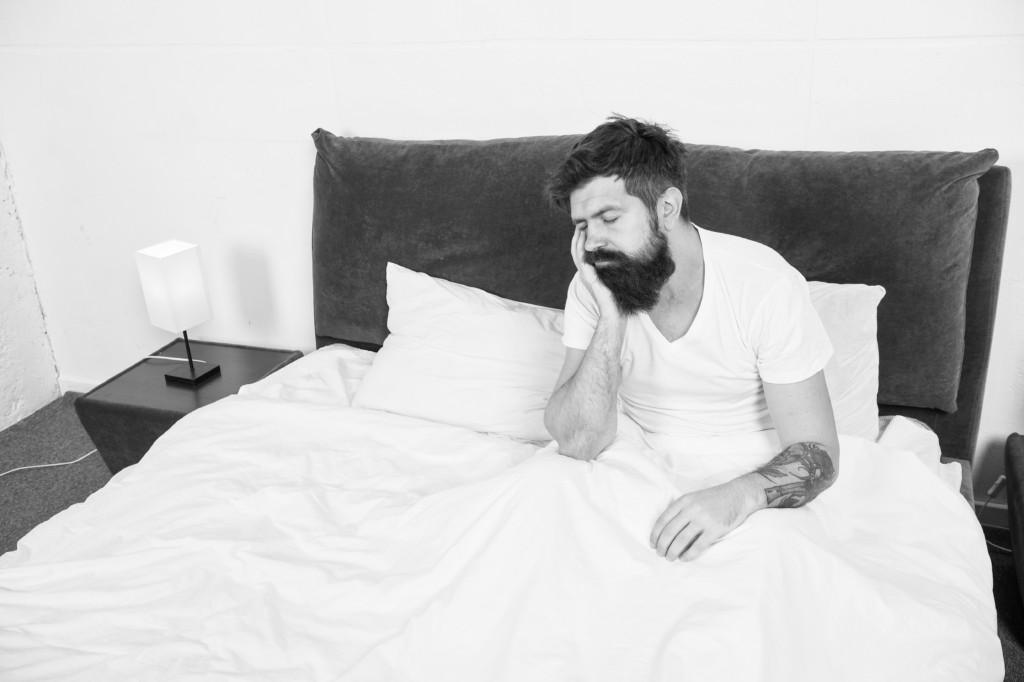
Sleeping short or of poor quality every once and a while isn’t automatically harmful, not to mention dangerous. It is natural for us to suffer from sleep disturbances caused by either external or bodily causes. Also, our systems are good at patching up occasional adversities.
As the feeling after one poorly slept night can already be unpleasant, many people will do their utmost to make it better with a nap or going to bed earlier the next night.
If chronic sleep deprivation is figuratively seen as a basement, a sleep debt of a couple of hours could be seen as the first step down, from which most people still step back to the house.
Sleep deprivation taken further
When the accumulation of sleep debt can’t be paid back before it’s accumulated more, it can be referred to as sleep deprivation. This phase comes with many adverse health effects and the more you descend those basement stairs the more severe the symptoms get. Read more about sleep debt and sleep deprivation in an earlier article in this series. As sleep deprivation becomes more severe also the risk of psychological problems increases. Check out more on this in the previous entry of the series.
Even though it is far more common to either accumulate sleep debt or to develop a worsening case of sleep deprivation over a longer period of time, there is one other way for it to happen. What we haven’t yet looked into are the effects of continuous sleep deprivation. That is up next.
Sleep deprivation after…
24 hours
Okay, admittedly skipping sleep entirely for one night is still something that for a reason or another could happen to any of us. And probably has too. Have you ever ended up pulling an all-nighter partying and continuing straight to the first lecture of the morning? Or had to spend an entire night at a hospital waiting room with your earache ridden kid before heading out to the office?
If you’re staying awake for the night had something to do with alcohol, then the foremost feeling in the following morning is probably a creeping hangover. In any other case the effect of being awake for 24 hours is closer to the beginning of a night out. To be more precise, a blood alcohol level of 0.1 percent. That is more than the legal limit for driving in most places.
The difference is, of course, that instead of intentional fun tipsiness the effects are perceived more as grogginess and lack of concentration. Naturally on top of that there is the urge to sleep. Additionally, you might become irritable as a symptom but what doesn’t help either, is that none of these symptoms take into account your daily responsibilities. However, as unpleasant as the feeling might be, everything’s fairly okay after a couple of nights of sufficient and solid sleep.
36 hours
Symptoms of prolonged lack of sleep are somewhat individual. Some people get severe symptoms fairly early on while others manage longer without them. What is certain, is that no one manages to go on sleepless and not face them at some point.
After 36 hours of no sleep, it is typical to have microsleeps of up to 30 seconds without realizing it. Different parts of your brain will also have trouble communicating with each other causing problems with their functions. You might experience trouble with using your memory as well as memorizing and learning new things. Prolonged lack of sleep also impairs decision-making, social cue processing and reaction time. These are prone to increase the risk of errors that can even end up fatal, especially while driving or in physical work.
Sleep deprivation of 36 hours has also been curiously found to cause increased appetite. Lack of sleep added to quickly consumable snacks or fast food (which often relate to situations where one is deprived of sleep) don’t really sound like a beneficial combination if contracting lifestyle diseases is considered, does it?
36 hours without sleep also challenges you with effects that you might not know about but are still there, such as increased inflammation and weakened immune system.
48 hours
This is sometimes referred to as the border of extreme sleep deprivation. After two days without sleep the aforementioned symptoms get worse. You are increasingly irritable and are even more likely to experience unintentional microsleeps. It is no wonder since at this point your brain is actually in a similar state as sleep.
After 48 hours your stress level is severely heightened and you might experience anxiety. What comes as an added bonus, are depersonalization and increased confusion over your situation and whereabouts.
72 hours
After three days your urge to sleep is likely to be immense. Worsened mood and more severe anxiety are also likely.
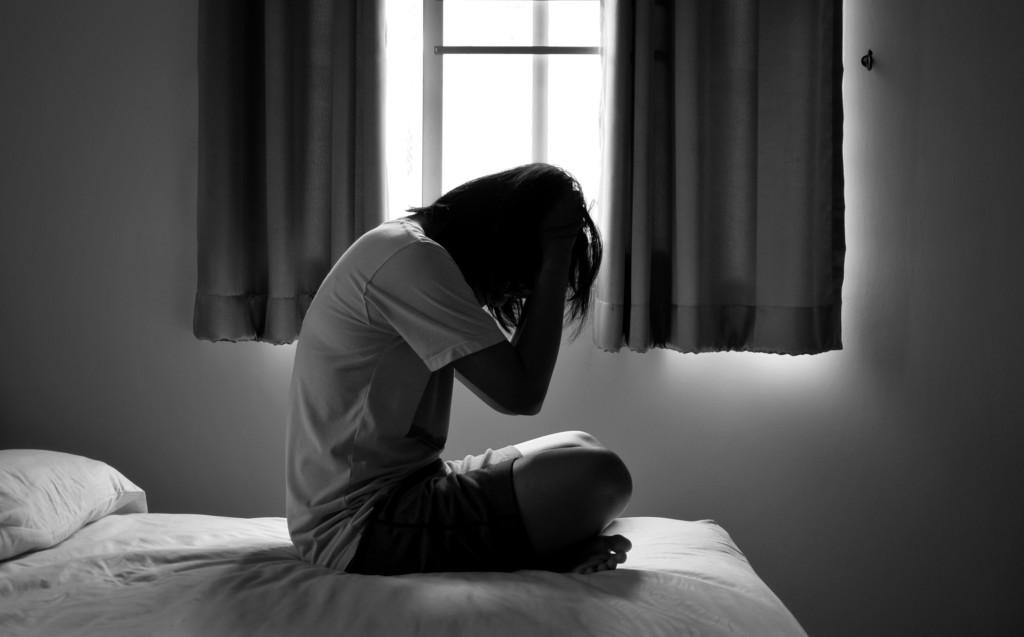
Many people experience misperceptions or hallucinations after 48 or even 24 hours without sleep but after 72 hours disoriented thinking, delusions and hallucinations are unavoidable. Additionally, they might become more complex. After three days depersonalization deepens also.
96 hours
To bring back the basement metaphor we used earlier, compared to gradually stepping down the stairs of worsening sleep deprivation symptoms, staying awake for an extended continuous period of time is like diving headfirst from the top and bouncing down.
Because sleep is the only way your mind and body can fully recover and recharge, going on without it for four days is not only harmful but downright dangerous.
The longer you stay sleepless the more mentally unstable you become. After four days this can mean anything from visual misperceptions to becoming unable to perceive reality. Or that the perception of reality is distorted. This is called sleep deprivation psychosis. Although this sounds severe, it lets go when you get enough sleep.
Sleep deprivation to the bitter end?
You are probably asking what comes after if you continue depriving yourself of sleep for longer than 96 hours. Well, at least it’s possible to stay awake way longer than that. The current world record of sleep deprivation is 264 hours which is equal to 11 days.
Two things are certain. Firstly, if symptoms are somewhat individual to the point of 96 hours, they most certainly are after that. Secondly, the symptoms get worse until something gives in. As sleep is needed for the brain to function properly, lacking it for too long can lead to for example organ failure.
Dying of sleep deprivation is extremely rare but this most likely has something to do with the fact that for anyone to stay awake for long enough for that to happen is extremely rare as well. What is good to know, though, is that it is possible.
Recovering from sleep deprivation
As the reasons for and the experience of sleep deprivation is always more or less individual, so is the recovering from it. However, one doesn’t need to be William Dement to deduce that the medicine that suits all is sleep.
However, as important as it is to sleep more after a period of sleep deprivation, it is more recommendable to try and go to bed earlier than to sleep in. This is because the former promotes better sleep hygiene in general, while the latter exposes one to the sleep disturbances of daytime. This might cause the sleep to start falling short again and the vicious circle to spin back on.
Another good tip is to allow yourself a few extra hours of sleeping time compared to the amount you usually need to feel rested. Chances are, after being sleep deprived for a prolonged period of time, your systems don’t have anything against it.
To find more possible remedies for sleep deprivation or hints that could help you prevent it altogether read what we had to say about different factors affecting peaceful sleep as well as the usual sleep problems.
Continuous sleep deprivation is rarely voluntary
You might have seen a tv show or come across something online where people stay awake on purpose for test purposes. Sometimes the results are showcased as entertaining curiosities but often they have an educational aspect to them as well.
In this article we also wish to acknowledge that there are medical conditions, such as insomnia or psychological problems, that might cause long continuous sleepless periods.
As sleep is the most paramount elixir of our lives that we need to restore our systems and to function properly, it is important to know what’s normal and what kind of symptoms cause alarm. For some this might come as a realization in a situation that shouldn’t be allowed to continue.
If you know that you have trouble falling asleep and have exhausted the solutions you are capable of trying on your own, or you suspect your problems to be of medical nature, we highly recommend seeking professional help.
Noise-induced sleep deprivation can be helped
There are a wide variety of factors that can deprive you from sleep. It is of course unlikely that anyone would allow some external factor to deprive them from sleep to the point of psychosis without doing something about it but for a day or two it’s possible. There are situations in life when one is simply too busy during the day to do anything about it and then pays the price when it’s time for the much-needed sleep.
Also, losing night sleep completely doesn’t have to happen days on end to be a nuisance. Imagine dealing with it every couple of nights or even just once a week. Wouldn’t that still take a toll on anyone?
One of the most typical sleep disturbances is noise. Especially in an urban environment. Check out more in our articles on night noise and neighborhood noise. In case the disturbance is something you can’t help taking place but you can help yourself get by with, QuietOn has a solution in Active Noise-Cancelling technology. If you are deprived from sleep because of low-frequency noise-pollution look no further than QuietOn 3 ANC earbuds, world’s smallest in size and best for sleeping.
Learn more ways to make your sleeping surroundings quiet and calm and check out more on QuietOn’s solutions.
References
https://casper.com/blog/sleep-deprivation-stages/
https://www.healthline.com/health/can-you-die-from-lack-of-sleep
https://www.healthline.com/health/sleep-deprivation/sleep-deprivation-stages#timeline
https://www.medicinenet.com/lifestyle_disease/definition.htm
https://neuroscience.stanford.edu/news/why-do-humans-hallucinate-little-sleep
https://www.nhs.uk/mental-health/conditions/generalised-anxiety-disorder/overview/
https://www.sleepfoundation.org/drowsy-driving
https://www.sleepassociation.org/sleep-resources/sleep-deprivation-stages-effects/
https://www.webmd.com/connect-to-care/sleep-apnea/sleep-deprivation-psychosis-is-a-real-thing
Related articles
Have a Good Rest – How to Manage in Today’s Noisy Environment?
Sleep Peacefully
Night Noise
Neigbourhood Noise
Why Can’t I Sleep? – The Usual Reason for Sleep Problems
Sleep Debt – The Long-Term Side Effects
Psychological Effects of Sleep Deprivation

